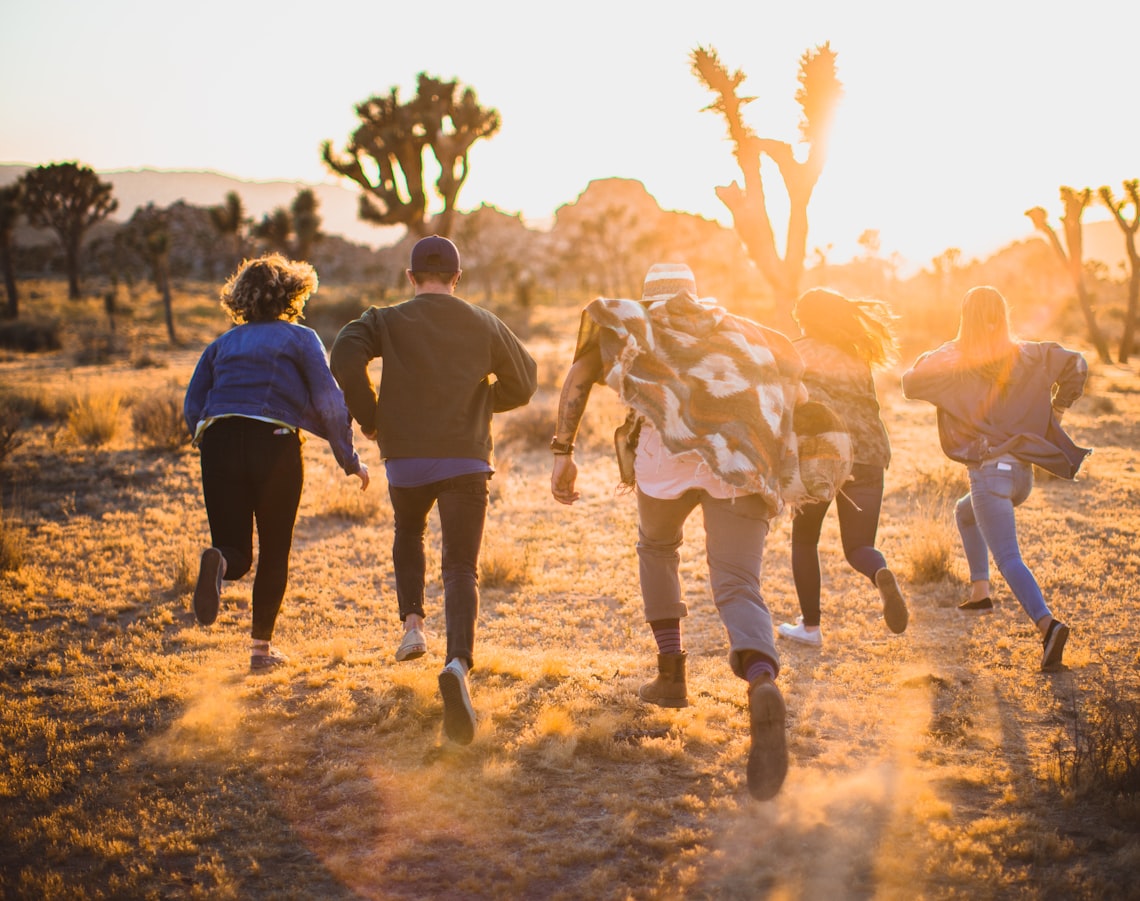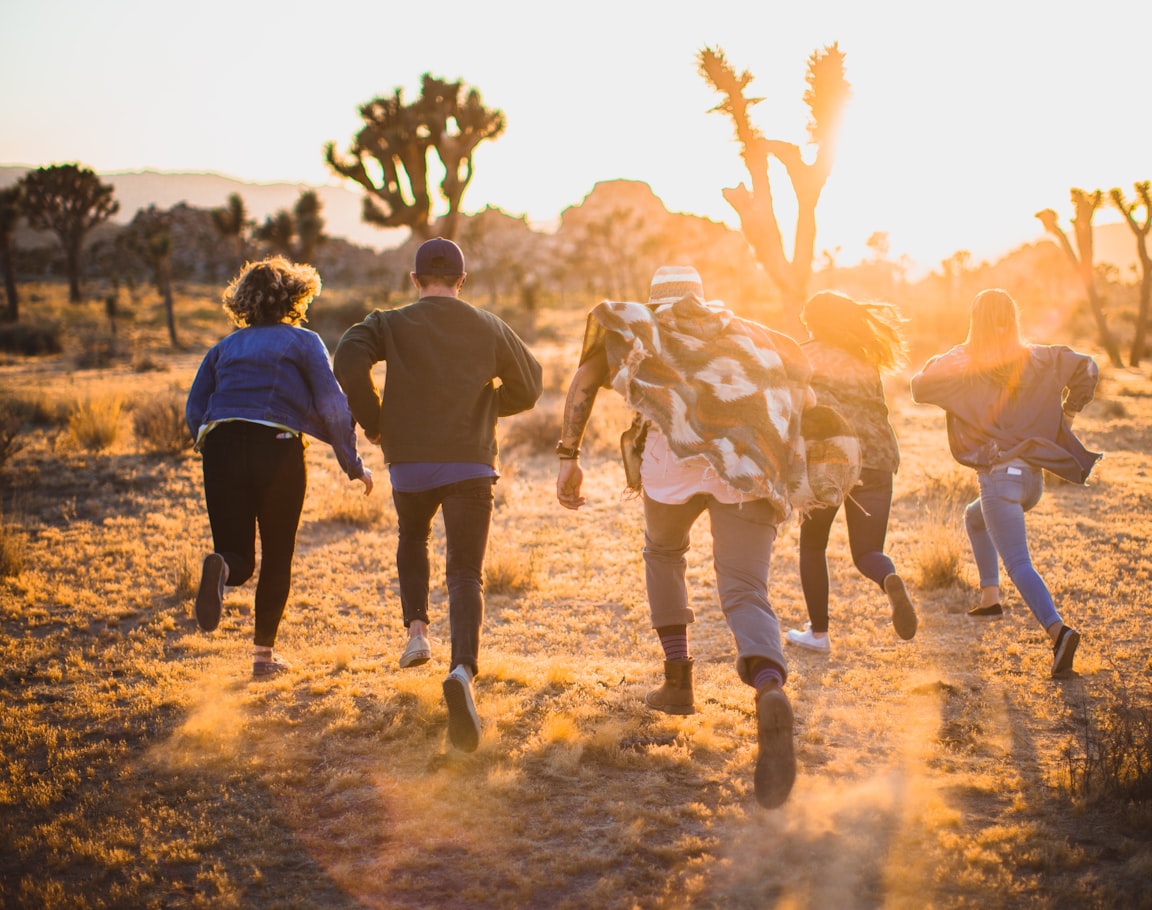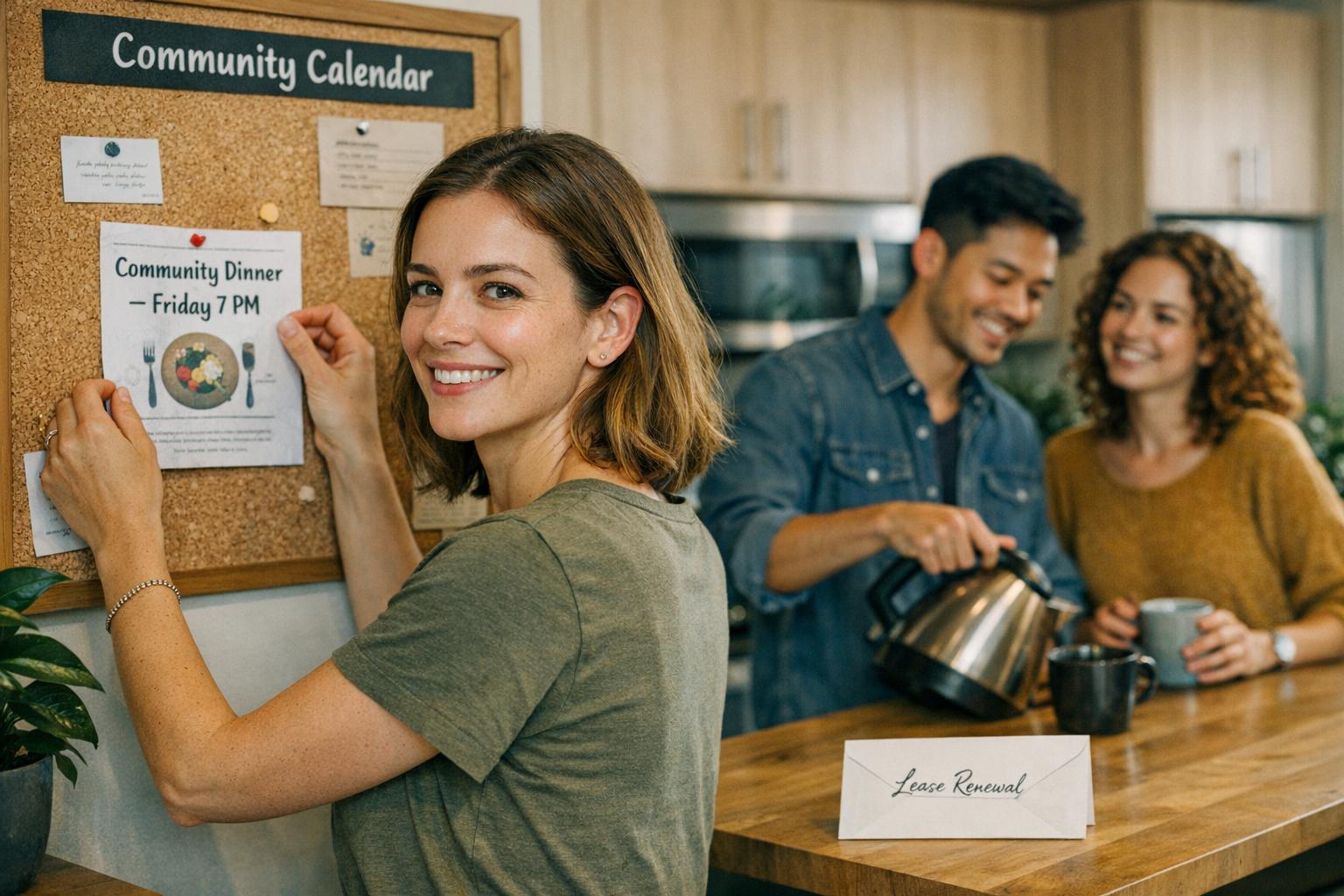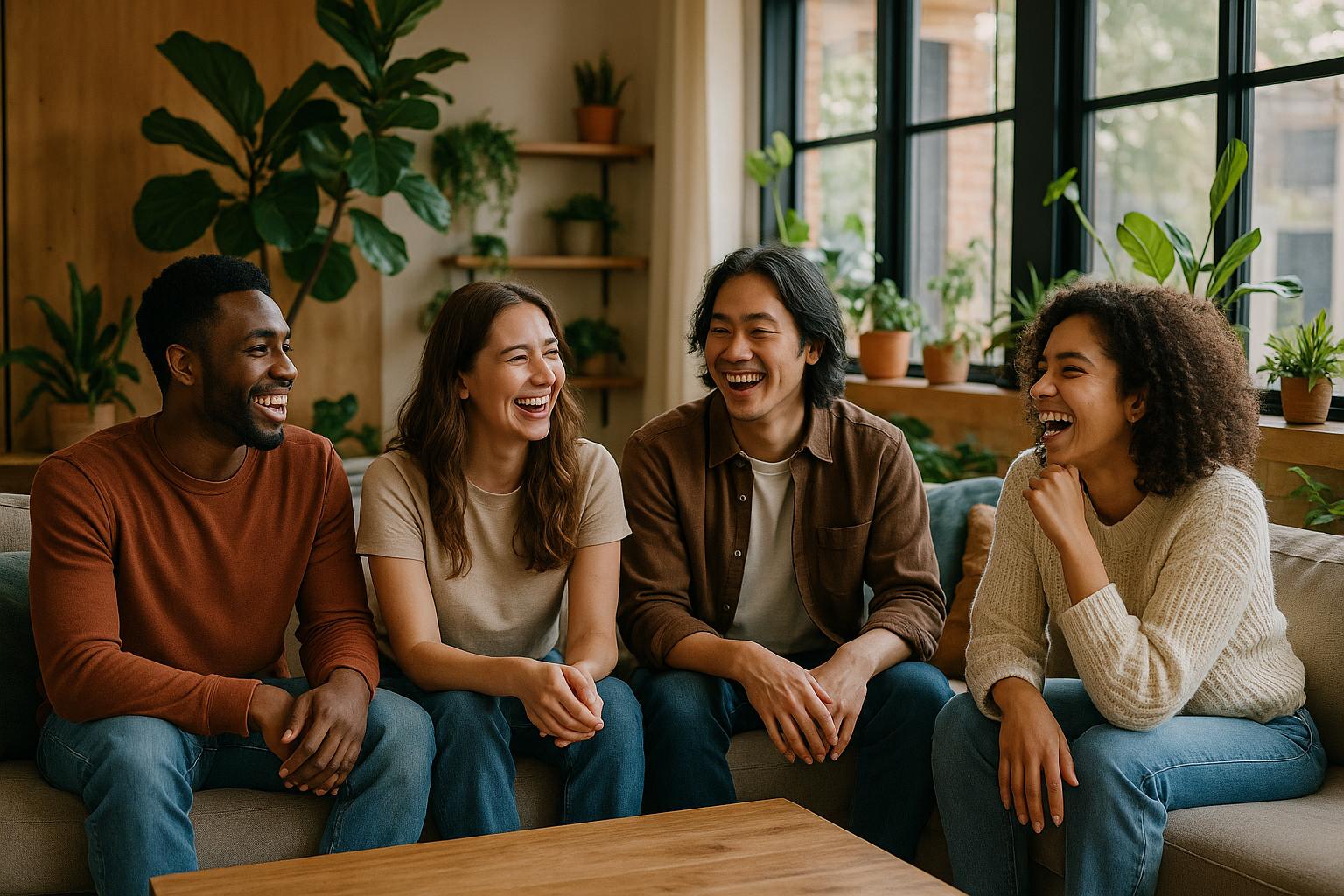“What makes a community?” is maybe the first question you should ask…
What kind of community should you build?
“What makes a community?” is maybe the first question you should ask…
Well, things often happen best organically – not forced. But this does not work well if you try to monetize and keep the people in that community under your “control”. You don’t want people to form their community and float away from what you are trying to create.
They should know that the safest and best way to be with the other members is at your place and that you are the reason they have connected.
The community you want to form is the one that sees your space as where they can meet interesting people, share knowledge and grow both personally and professionally.
It’s essential that you hold events and gatherings for both residents and non-residents.
This will strengthen the relationship between residents and get others to see the value of being part of the group.
Build the kind of community you’d like based on interests you already know a lot about—diving, surfing, climbing, or building startups.
Different locations will probably attract different crowds, so there will be another feeling to the place if it’s in a mountain village, beach, or big city.
Another factor is the price. Different ticket prices/entry fees attract different people.
Residents
People living and staying in your space should be vetted and carefully selected. These are the “proof” of the success of your space. If you have random people living there that do not add any value to the group, the rest of the group will feel a lack of interest from the host.
The host has a vital role to fill. Selecting the right people and then connecting members closer to each other.
Building a community of knowledge and sharing, both long-term and short-term residents, is a healthy mix. But don’t let guests stay shorter than 1-2 weeks. Shorter stays sometimes get people booking this accommodation for attending an outdoor event. They won’t bring much to the community, as they won’t invest time to get to know the residents and add value/knowledge.
How big should my community be?
This question depends on your plans with your business and if you can scale with your property once you see you can fit more people.
We have been talking with many hosts, and it seems like 20 people in a group are suitable for serendipity and activities without being too stressful for hosts and guests.
Anyway, there will almost never be 100% of residents in the house at once because people have business meetings, meeting friends, getaways for the weekend, etc.
Guests
As your guests stay long, they often build friendships outside the space.
This is an excellent opportunity to show off, but it can also lead to a harmful situation if people with bad attitudes or intentions start hanging around your space.
Set clear rules regarding outside guests from day one. They should only be able to visit the social area, not the work area or bedrooms. Both are sacred areas and places that residents should feel safe in – and should be strictly off-limits to non-paying guests. No guests should be allowed after 10 pm, especially as this is when the house should start to quieten the day anyway.
If a resident becomes a life partner with an outsider, it should be natural for the resident to pay more as their partner will be using the premises. An average of 10-20% more per month should be acceptable. If the resident wants their partner to move in full-time, the space should have its own rule. Even though they might not use more beds, they are a more considerable burden for the rest of the residents and add wear and tear – as well as add to your water and electricity bills.
Events
Here are some event suggestions so residents get added value to their stay:
Introduction of new guests: Let the new guests present themselves and what they are working on.
Masterminds: For struggling residents who want to share their business experiences.
Think Tanks: These can be topics set in advance or what the residents want to discuss. Some want to learn, and some want to share. This is an excellent point to show off your knowledge, as you should lead the discussions.
Hackathons: Either pre-set topics on new business ideas or up for discussion as we go. It should be either 24 hours or a weekend. At the end of the Hackathon, there should be a presentation of what has been achieved, and a jury/you should choose a winner.
Activities
Hikes
Team sports, like football or basketball.
Local events/meetups (go together).
Dinners – both in and out.
BBQ or Drinks Party: This can help the more introverted and slightly anxious people feel more relaxed – there is no denying that a glass of wine or a pint of beer can bring about the confidence and courage to initiate conversations more easily.
Poker tournaments.
Movie nights with popcorn.







